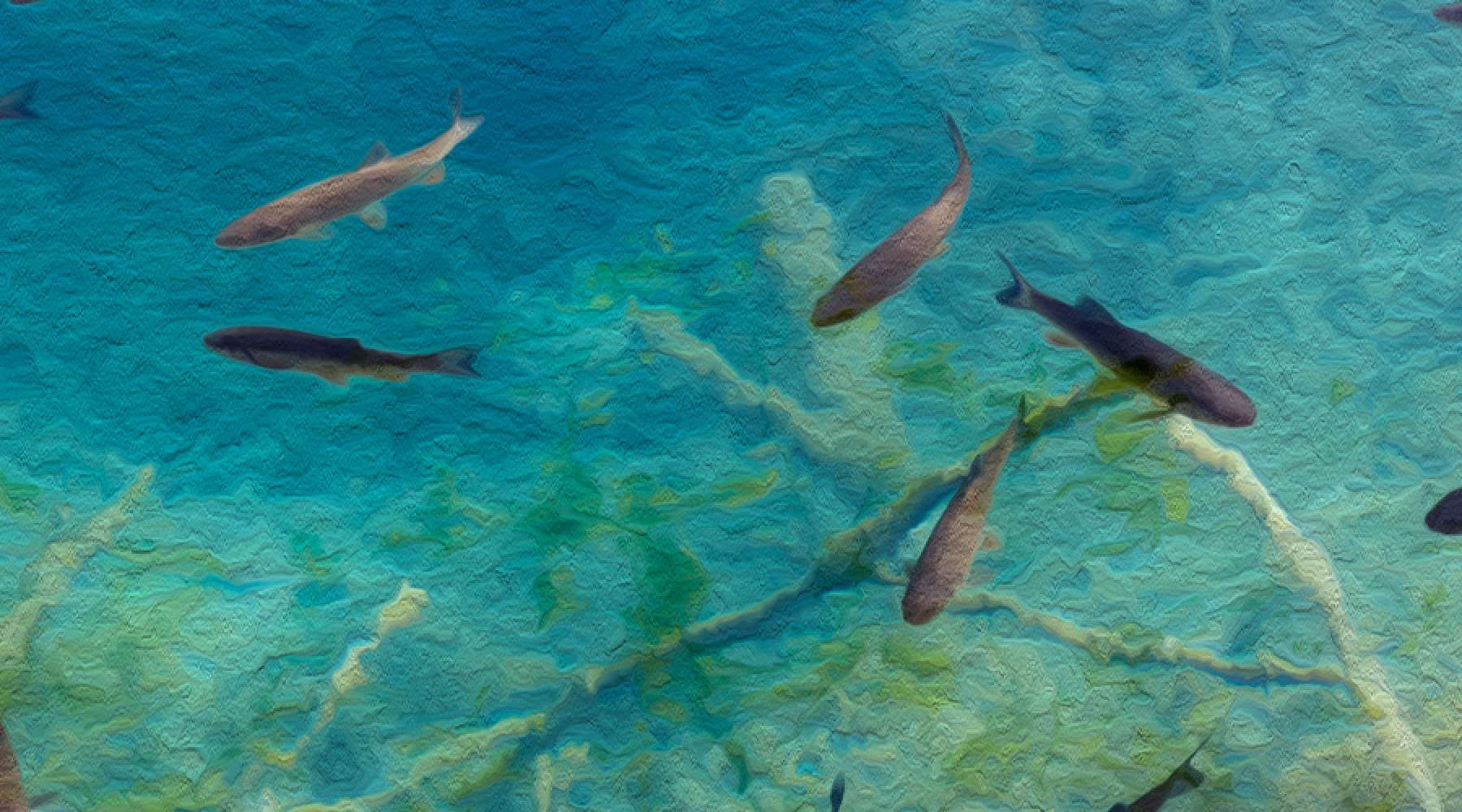
I have long been interested in both sustainability and entrepreneurship, which has done little to narrow down my career search. Deciding whether to follow my interest in food and pursue something in the world of agriculture, or to pursue something more directly tied to sustainable energy production in renewables was a dilemma—from being accepted into b-school all the way into recruiting season. Perhaps a silver lining of COVID-19 was that the companies I recruited for in my first year were flexible in their work offers. And so, with some enticing offers in renewables and sustainable food systems, I jumped at the opportunity to gain experience in both.
I spent my summer with two organizations: Deep Green Solar (DGS) and the Gulf of Maine Research Institute. Deep Green Solar, a Tuck-alum-founded spinoff of a private equity firm, finances solar projects that would otherwise be unpopular—the small C&I (commercial and industrial) deals where the size is too small and the soft costs (sales, negotiation, etc.) are too high to be attractive. And it does so by bringing down those soft costs in all ways possible. It was fitting that, given my background in analytics, data structures, and process automation, that I was given the opportunity to do similar work with DGS.
My second role was at the Gulf of Maine Research Institute, a marine research organization with deep knowledge and research expertise in sustainable aquaculture and fisheries and the “Blue Economy” more broadly. GMRI was interested in putting its industry expertise to work by building out a small business accelerator and a venture capital fund, all to modernize a sector with a great amount of innovation upside but difficulty in mobilizing capital.
Summer mornings were spent with GMRI, the qualitative balance to my more quantitative DGS role. Crafting a concise message to convey the strong positioning of GMRI as a research institution and its ability to roll that expertise into private sector innovation required many hours of research, and even more hours of writing.
Afternoons were with Deep Green and my West Coast team members, helping in back end process and data automation while learning a great deal about energy economics (and constantly reviewing the difference between a kW and a kWh).
Despite the obvious differences between my two summer experiences, I found them to be compellingly complementary and interlinked. For example, while researching energy credit markets, it didn’t take long to find California rebates for farmers looking to install solar power on their land.
Given my positive experiences this summer, my dilemma of industry choice continues into my second-year recruiting. But I find solace in knowing that, while renewable energy is a broad topic, and sustainability even more so, the opportunities to learn more in one sector contribute to a more comprehensive understanding of the others it touches. And now, more than ever, every industry needs that more comprehensive view of sustainability.

Grant is interested in entrepreneurship and early-stage work in renewables and sustainable, equitable food systems. Prior to Tuck, he worked in strategy and analytics for e-commerce home goods retailer Wayfair. He is President of the Tuck Chapter of InSITE Fellows, which pairs grad students as consultants with local startups, and co-captain of the Soccer Club. Grant enjoys being outside, making food, and roasting coffee.
The Revers Center for Energy supported Grant’s internship through the Career Exploration Fund generously donated through the Thad T'95 and Margaret Hill Career Exploration Fund.